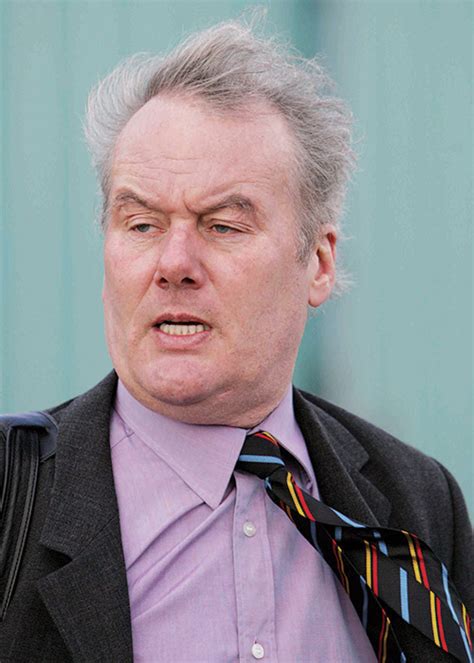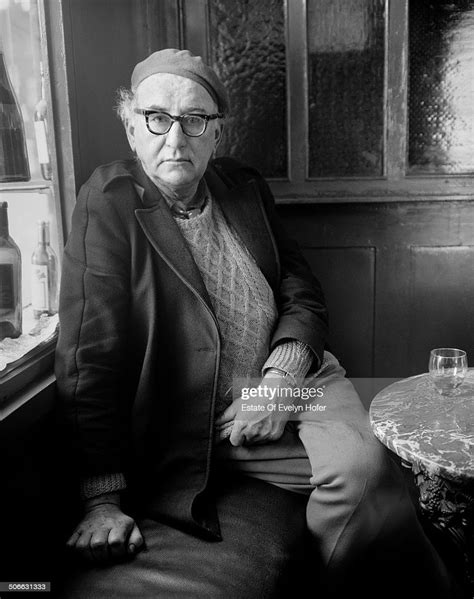A Quote by Edna O'Brien
To live with the work and the letters of James Joyce was an enormous privilege and a daunting education. Yes, I came to admire Joyce even more because he never ceased working, those words and the transubstantiation of words obsessed him. He was a broken man at the end of his life, unaware that Ulysses would be the number one book of the twentieth century and, for that matter, the twenty-first.
Quote Topics
Admire
Because
Book
Broken
Broken Man
Came
Century
Daunting
Education
End
Enormous
Even
First
Him
His
James
Joyce
Letters
Life
Live
Man
Matter
More
Never
Number
Obsessed
One Book
Privilege
Those
Transubstantiation
Twentieth
Twentieth Century
Twenty
Ulysses
Unaware
Words
Work
Working
Would
Would Be
Yes
Related Quotes
A friend came to visit James Joyce one day and found the great man sprawled across his writing desk in a posture of utter despair. James, what’s wrong?' the friend asked. 'Is it the work?' Joyce indicated assent without even raising his head to look at his friend. Of course it was the work; isn’t it always? How many words did you get today?' the friend pursued. Joyce (still in despair, still sprawled facedown on his desk): 'Seven.' Seven? But James… that’s good, at least for you.' Yes,' Joyce said, finally looking up. 'I suppose it is… but I don’t know what order they go in!
I've been working hard on [Ulysses] all day," said Joyce. Does that mean that you have written a great deal?" I said. Two sentences," said Joyce. I looked sideways but Joyce was not smiling. I thought of [French novelist Gustave] Flaubert. "You've been seeking the mot juste?" I said. No," said Joyce. "I have the words already. What I am seeking is the perfect order of words in the sentence.
The censors have always had a field day with James Joyce, specifically with 'Ulysses,' but also with his other writings. The conventional wisdom is that this is because of sexually explicit passages (and there certainly are those). I have always thought that what the critics hated and feared about Joyce is his cry for human freedom.
What a wee little part of a person's life are his acts and his words! His real life is led in his head, and is known to none but himself. All day long, the mill of his brain is grinding, and his thoughts, not those of other things, are his history. These are his life, and they are not written. Everyday would make a whole book of 80,000 words -- 365 books a year. Biographies are but the clothes and buttons of the man -- the biography of the man himself cannot be written.






































